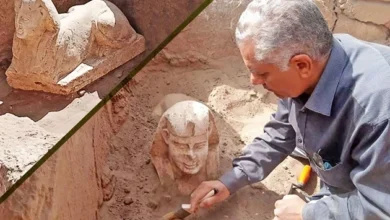Are dreadlocks spiritual and why people choose to have them?
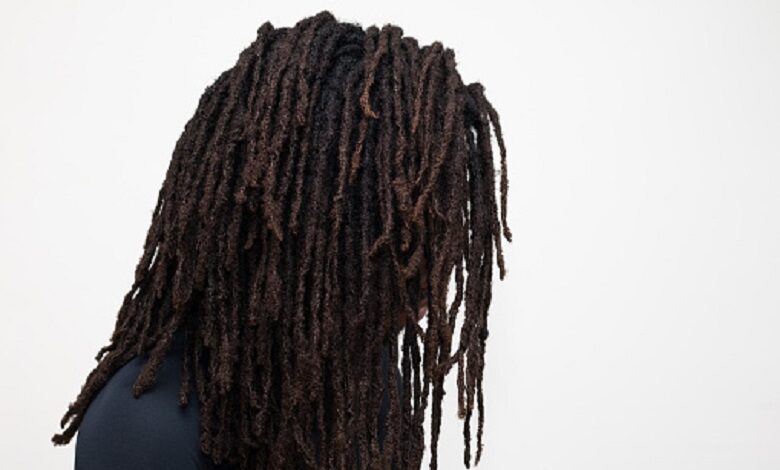
These days, dread heads have a variety of reasons for turning their hair into dreadlocks. Some based on spiritual goals, others because they identify themselves as Rasta, and others simply because they like the look! More important than your reason, know your basis so that someday when someone asks you why you put dreadlocks in your hair, you can say without shivering and what your dreadlocks mean to you!
Dreads or dreadlocks are sections of hair that, over time, become tangled and knotted, forming the hairstyle we all know or seen nowadays.
The style itself still has an outdated stigma and distorted associations around it – however, contrary to popular belief, they are rooted more in a spiritual connection than “patchouli and weed”. They go back thousands of years.
History of dreadlocks
An account claims that the braids originated in India (unlike most who cite Egypt as their birthplace) with the dreadlocked deity Shiva and his followers. It is likely the spiritual origin of braids in Indian culture. However, the first archaeological evidence of people wearing braids comes from Egypt, where mummies recovered, and their braid is still.
Regardless of their origins, almost every culture wore braids at some point in time or another. Roman accounts say that the Celts wore their hair ‘like snakes’. Germanic tribes and Vikings are also known to have worn their hair in braids.
The monks of the Ethiopian Orthodox Tewahedo Church, the Nazarites of Judaism, the Sufis of Qalandri, the Sadhu of Hinduism and the ascetics of Islam, to name a few, all wore braids! There is even a strong suggestion that many early Christians wore braids; most notably, Sampson said to have had seven dreads, which gave him inhuman strength.
Beliefs of dreadlocks
1. Ancient Egypt
It knows that ancient pharaohs had dreads, such as many un-replicated statues and other artefacts, such as locked wigs. According to Egyptians, the loc represented a certain degree of power and respect for anyone who knew or seen dread hair.
2. Rastafarianism
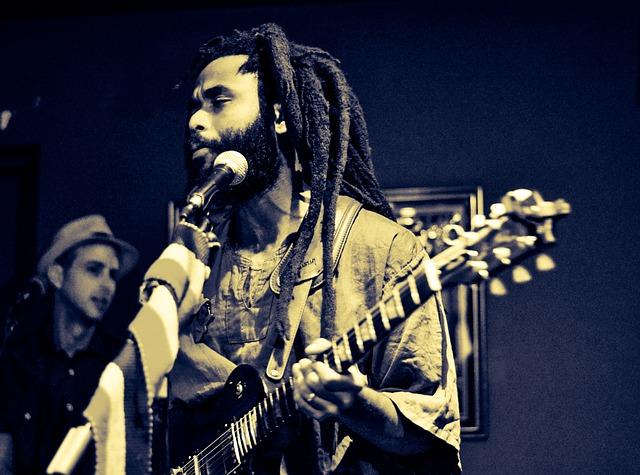
Rastafarians’ dread symbolize the Lion of Judah and usually centred on the Ethiopian flag. The Nazarenes inspire dreadlock. Rastafarians believe that Emperor Haile Selassie is a direct descendant of King Solomon and the Queen of Sheba through their son Menelik I.
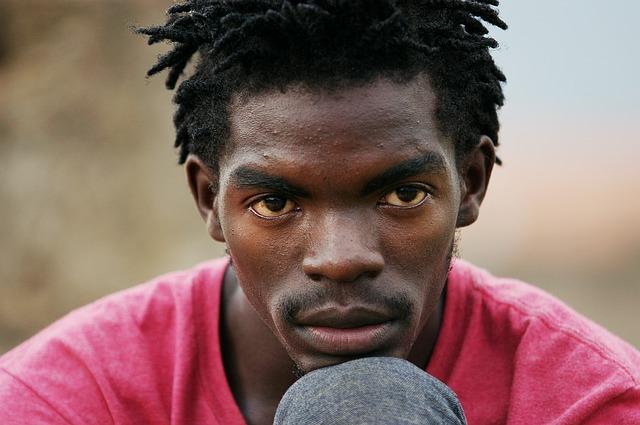
According to the Old Testament, rastas do not cut their hair because it believed that a person’s strength comes from it. So you cannot cut your hair, or you will lose all your strength. Thanks to one person, the braids in Rastafarianism gained a lot of popularity. Bob Marley became famous for reggae music in the 1970s. Bob Marley and his dreads, Jamaican and reggae music, Rastafarian culture, and ganja became the new message going around the world.
3. Shiva
Shiva is said to have “Tajaa”, twisted hair, in Hindu culture. Many Shiva followers have taken locs to declare their commitment to spiritual growth and resist earthly desires and temptations. However, in India, dread is usually reserved for sacred persons and represents spiritual devotion.
4. Early Africans
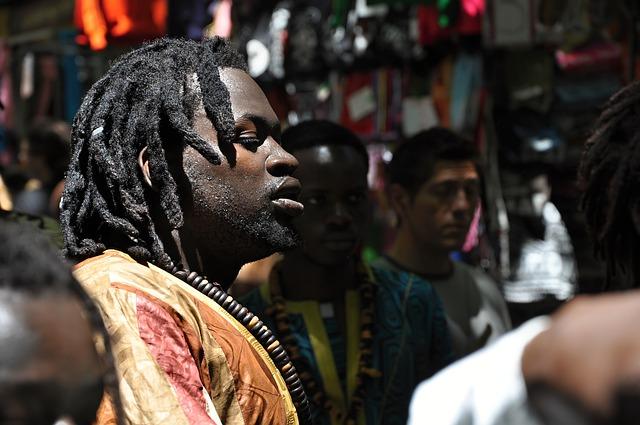
The earliest recorded Africans to wear braids were Coptic priests in Ethiopia. They described as wearing fear as early as 500 B.C. Braids have the same spiritual significance to African people as other religions. Many people believe that hair shows no dependence on material things. It thought that much of the power that these people have kept in their hair. Many people wear their braids on their crowns. It symbolizes kings and people of great power.
Many different cultures wear braids, especially the Maasai, Ashanti, Gala, and Fulani tribes. This hairstyle often referred to as a decisive element for the person wearing around these groups in Ethiopian. It may be a leader, a warrior, a priest or a shaman.
5. Nigerian Children – Dada

Dreadlocks sometimes arrive at birth. Not by choice. Just like Nigerian children. They are the wealth bringers, which represented by cowrie shells in Yoruba and Igbo cultures. The children of Dada believed to be spirits of great power and overall physical health.
It felt that their hair is of spirituality and must not alter. There are many traditional rules for dealing with Dada in Igbos. Like no one else must touch the Dada’s hair except their mother. Nigerians believe that if someone cuts or damages the hair, the Dada may become very sick or ill or even die.
6. Western and Eastern Spiritualism
Some Eastern and Western religions believe that spiritual energy leaves the body through the head and hair. Most of these faiths feel that if the hair is locked, it will retain power from leaving the body and maintain more spiritual energy and physical force. The head and hair act as a spiritual portal from one realm to another. It can explain why locks can be found all over the world, from culture to culture.


